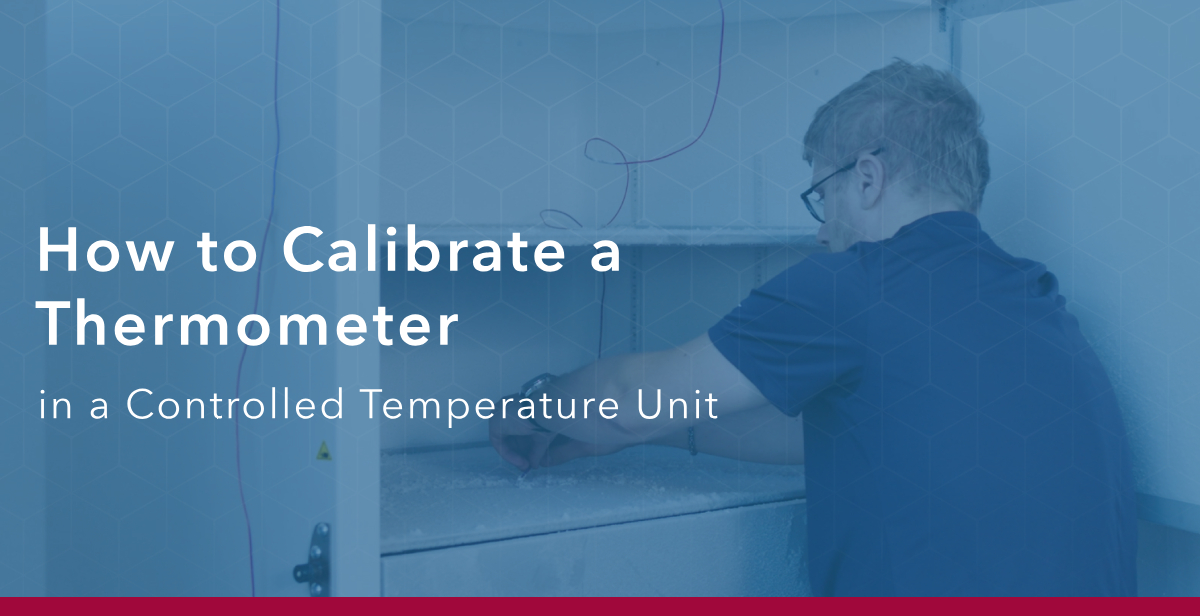Thermal validation is the process of measuring and analyzing the temperature distribution within a specific environment, such as sterilizers, autoclaves, or stability chambers, to ensure these systems maintain consistent and compliant temperatures.
This step is not optional: it’s a standardized and regulatory requirement in R&D facilities, manufacturing plants, cleanrooms, sterile supply centers, and more.
The 6 Key Steps of Thermal Validation
There are six essential steps to follow when performing thermal validation of equipment to ensure an effective process:
- Planning and preparation: Define the objectives and scope, select the right equipment and methods, and develop a detailed protocol.
- Qualification of equipment and facilities: Qualification for controlled temperature units and other relevant equipment and facilities, like monitoring systems or data loggers.
- Mapping and testing: This step is where validation tests are made, including thermal or other validation processes. Quality assurance reviews and approves the resulting data, and reports with detailed descriptions of data, processes, and results should be generated.
- Data analysis and reporting: After the QA has reviewed and approved the data, a detailed report is generated that includes the findings of the thermal validation process and any recommendations.
- Acceptance and implementation: Now is the time to accept the findings and implement any recommendations.
- Documentation and record keeping: Any type of documentation, including validation protocol, test results, and reports that have been approved and reviewed by QA, needs to be stored and maintained accordingly.






